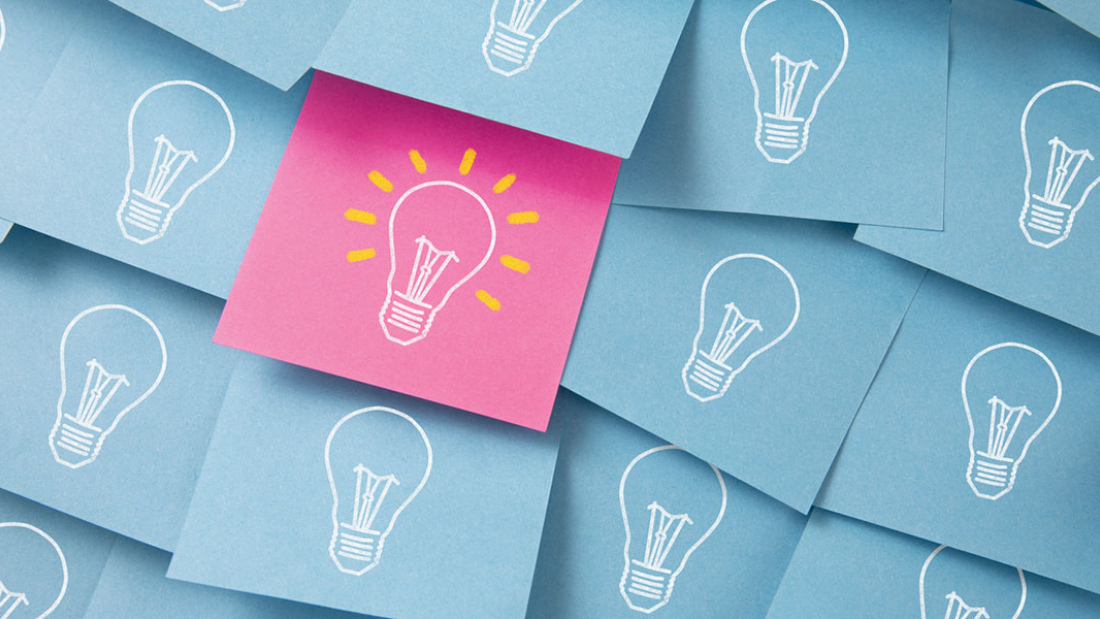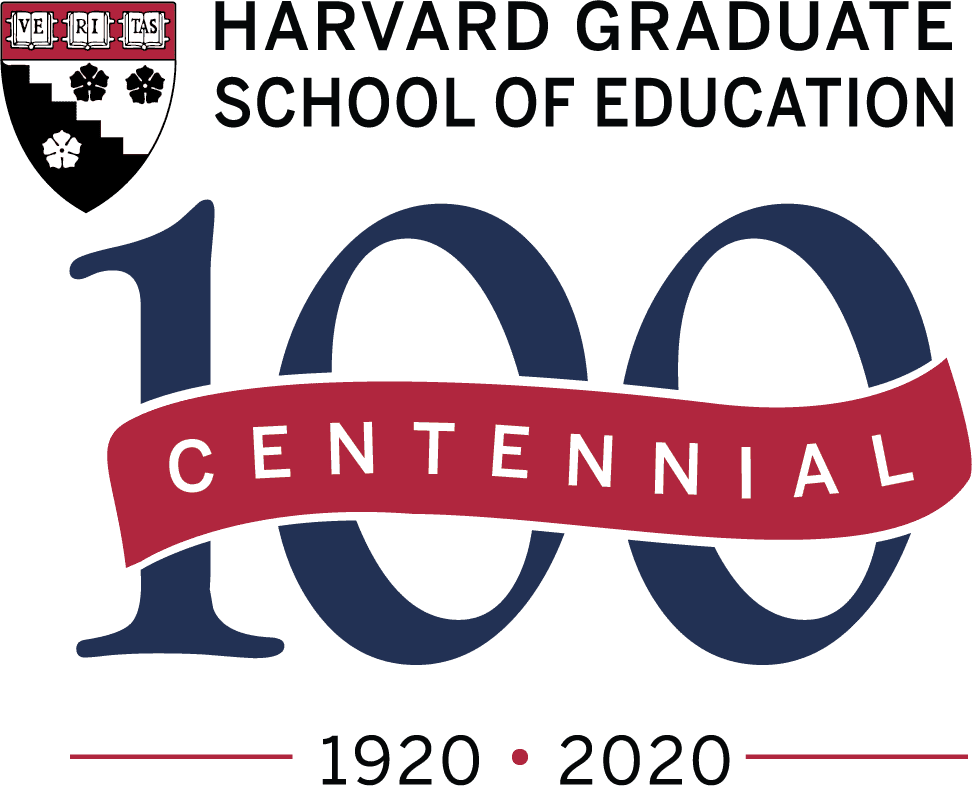An Innovation Engine

Innovative thinkers abound at HGSE — and one of the school’s distinct characteristics is its commitment to seeding innovations so they become realities. Students formulate and pitch their ideas in classes such as Fernando Reimers’ Educational Innovation and Social Entrepreneurship in Comparative Perspective and Karen Brennan’s Designing for Learning by Creating, and in student competitions sponsored by HIVE (Harvard GSE Innovation & Ventures in Education) and HILT (Harvard Initiative for Learning and Teaching). Many have gone on to incubate their ventures over a summer, semester, or longer at the Harvard Innovation Labs (iLab), supported by the Dean’s Innovation Fellowships or the President’s Innovation Fellowships.
HGSE attracts entrepreneurial thinkers — and works to nurture their creative concepts and start-ups, with direct transformational impact.
And over the years, many HGSE students have taken their ideas and made them a reality, launching nonprofits and businesses that continue to grow. Whether meeting the needs of students with learning differences or helping teachers build better relationships in the classroom, the innovations born or grown at HGSE have changed education in direct and immediate ways. Here are a few examples:
Megan Marcus, Ed.M.’12 – FuelEd
Megan Marcus launched FuelEd — a nonprofit focused on improving teacher relationships with students, families, school leaders, and each other — as a way to improve the lives of teachers who were struggling, and to improve teacher retention rates. She had developed the idea for a professional development curriculum that would equip teachers with essential social and emotional competencies while at HGSE, winning first place at BRIDGE’s (now HIVE) Innovation Pitch Competition in 2012. That same year, Marcus and FuelEd went on to win the Educational Services of America Prize for Innovation in the fields of Special Education and At-Risk Students at the 2012 Milken-Penn GSE Education Business Plan Competition, and in 2016, Marcus was elected as an Ashoka Fellow. To date, 13,740 educators have engaged in professional and personal development through FuelEd’s training programs. In the spring of 2020, FuelEd was selected by the Texas Education Agency to develop and deliver an online course series around trauma and toxic stress for the state’s 350,000 school personnel, preparing them to better support trauma-affected students as they return to school amid COVID.
Samantha Pratt, Ed.M.’19 - KlickEngage
A former teacher, Samantha Pratt knows how difficult it is for educators to stay fully aware of their students’ mental health, especially in crowded classes where every minute is filled trying to get through the curriculum. To answer this problem, she developed KlickEngage, a web-based app that allows teachers to check in with their students via a brief daily survey that tracks wellbeing over time. Having served nearly 800 students last year with pilot programs in Teach For America (TFA) and charter schools in the Miami area, KlickEngage will be expanding into other regions in the new school year, growing to serve several thousand students. During the spring semester, KlickEngage offered its product free to schools and teachers, helping them stay connected in the shift to remote learning during the pandemic. Pratt is a 2019 Camelback Venture Fellow, a finalist in the Harvard HIVE Pitch Competition, a Kravis Lab Moonshot Fellow, an NPR How I Built This Fellow, and an AT&T Aspire Fellow, and was named to Forbes’ 30 under 30 list.
Sarah Strader, Ed.M.’17 – Two Rabbits
When conducting research in Cameroon, Sarah Strader was struck by the fact that Baka — an indigenous group of hunter-gatherers — children rarely attend formal schooling due to language and lifestyle barriers. By chance, she observed Baka children listening to Bible stories on an old hand-crank MP3 player, and the idea for Two Rabbits was born. Two Rabbits starts with a culturally adaptive curriculum aligned with national standards in which stories, songs, and activities that promote literacy, numeracy, and social-emotional skills are recorded in the mother tongue. Simple hand-crank technology is provided and local community members are trained as teachers to aid in the learning. Having built and piloted the initiative with local association ASTRADHE in 2014, Strader continued to build support while at HGSE, being named a finalist in the Harvard President’s Innovation Challenge and winning $10,000 from GoFundMe in their #GoBeyondGiving Challenge. In the 2019–2020 school year, the organization served 700 children across 20 villages, and expects to reach 1,000 children in 2021.
Alex Tavares, Ed.M.’17 – The Read Read
Inspired by his time as a literacy instructor to students with disabilities, Alex Tavares invented The Read Read to help blind and visually impaired children to independently learn how to read. The device, which aims to teach literacy using the same techniques teachers do, consists of movable tiles embossed with Braille letters. As a student touches the braille dots, The Read Read announces the letter, and when the tiles spell words, the device sounds them out phonetically. Tavares created a prototype for his invention at the Harvard iLab while a student at HGSE, and piloted the device at the Perkins School for the Blind, where it showed positive results for non-reading students. Tavares has established T-var EdTech to continue refining the Read Read and other technology that will help toward “literacy for all.” The company received an Arch Grant in 2018.
Jenny Woo, Ed.M.'18 - 52 Essential Conversations
With her game, 52 Essential Conversations, Jenny Woo created a tool for parents, caregivers, and teachers to support children's social-emotional development. Designed for ages 5 to adult, the cards — spanning categories such as self-awareness, relationship skills, diversity and equity, and more — guide parents through potentially difficult or awkward conversations with their children. Developed while at HGSE, 52 Essential Conversations was a finalist for the Dean’s Innovation Fellowship in 2018. The same year, it also won a Parent’s Choice Award. Woo’s game has grown in popularity steadily since its launch, not only being adopted by parents, but also being used in numerous schools throughout the U.S. and in more than 40 countries. A related game, 52 Essential Relationships, which helps develop emotional intelligence in teens, tweens, and adults launched in 2019. – Marin Jorgensen
Learn More and Connect
Explore HGSE's Cheng Yu Tung Education Innovation Studio.
